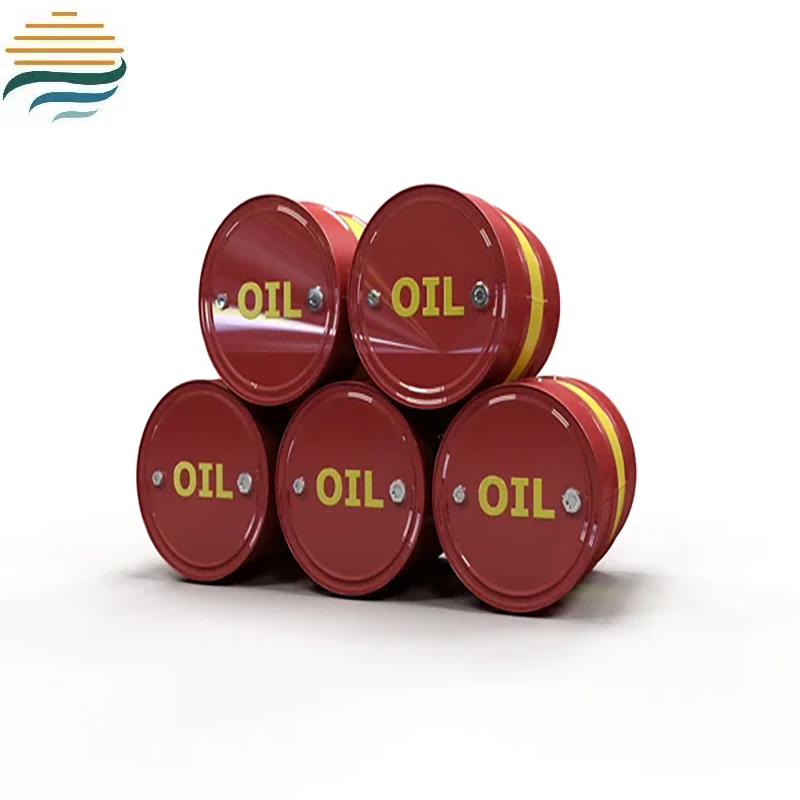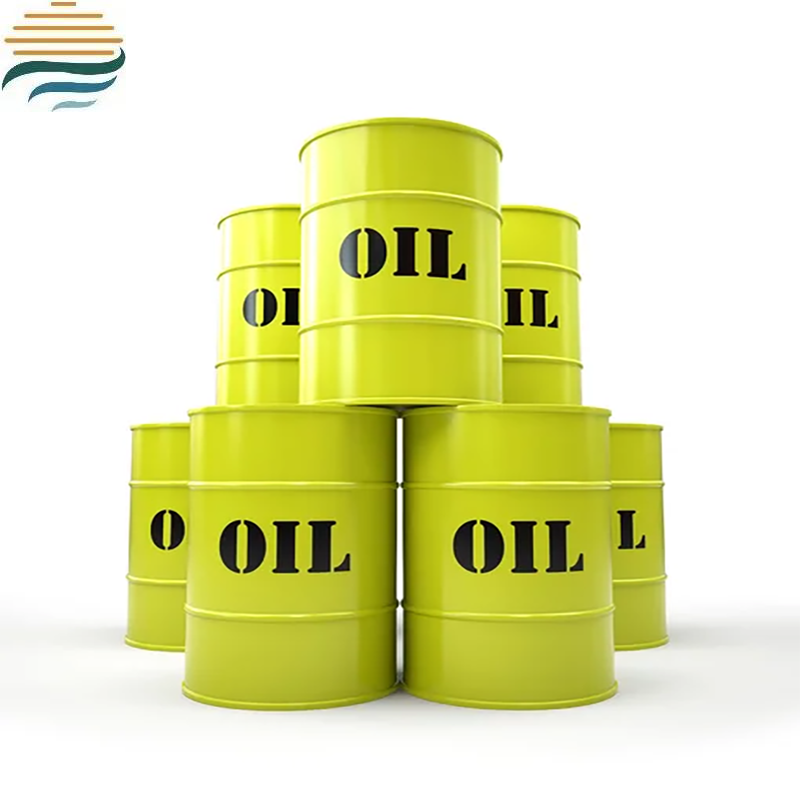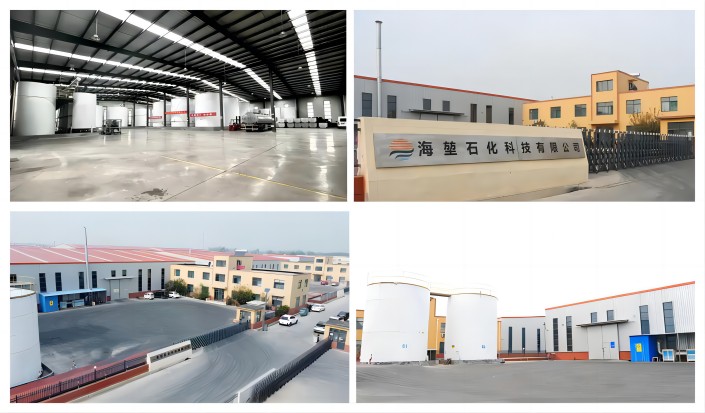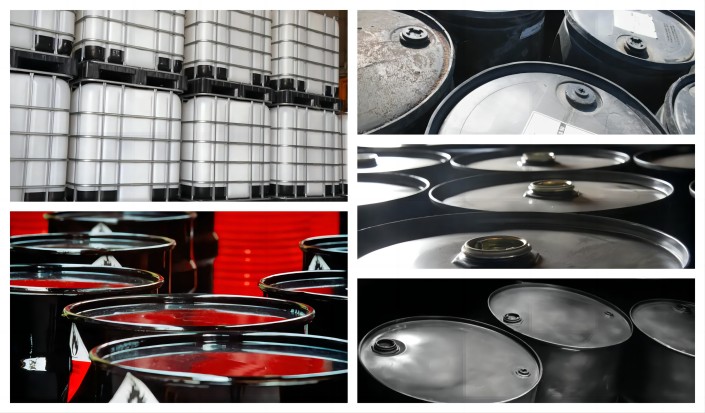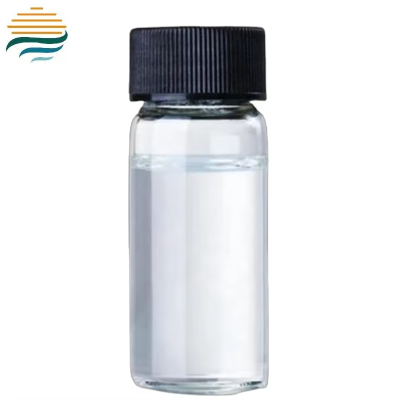Insulating Oil For T-20
Our transformer oil is characterized by its colorlessness, low-density lipoprotein structure, and low viscosity, making it an ideal choice for efficient heat dissipation. Its high flash point, at approximately 145°C, effectively mitigates fire hazards. Moreover, our oil stands out for its exceptional electrical performance, marked by a robust electric breakdown voltage strength, impressive insulation resistance, and minimal dielectric loss factor, all of which contribute to its superior insulation quality.
Product Details:Insulating Oil For T-20
Our transformer oil features low volatility, guaranteeing a consistent oil supply within equipment and minimizing the chance of accidents due to oil depletion. Moreover, its formidable corrosion resistance capabilities prevent equipment degradation from chemical reactions and corrosion, ensuring a high level of safety and exceptional quality.
PARAMETER:
Sports Event | Quality Indicators | measured value | Test Methods |
Functional characteristics | |||
Pour Point/°C | -30 | -38.8 | ISO 3016 |
Kinematic viscosity (40℃)/(m㎡/s) | ≯12 | 9.20
| ISO 3104 |
Kinematic viscosity (-10°C)/(mm²/s) | ≯1800 | 1089 | ISO 3104 |
Water content/(mg/kg) | ≯30/40 | 7.5 | IEC 60814 |
Breakdown voltage/kV (untreated oil) | ≮30 | 63.0 | IEC 60156 |
Density (20°C)/(g/ml) | ≯895 | 886 | ISO 12185 |
Dielectric loss factor (90°C) | ≯0.005 | 0.00045 | IEC 60247 |
Refining/stabilizing properties | |||
exterior condition | Clear and transparent, free of sediment and suspension (of atmospheric pollution) | Clear and transparent, free of sediment and suspension (of atmospheric pollution) | visual assessment |
Acid value (mgKOH/g) | ≯0.01 | 0.0008 | IEC 62021- 1 |
Interfacial tension/(mN/m) | No general requirements | 46 | ISO 6295 |
Total sulfur content (mass fraction)/% | No general requirements | No general requirements | ISO 14596 |
corrosive sulfur | non-corrosive | non-corrosive | DIN 51353 |
Content of antioxidant additives (mass fraction)/percent Oil with antioxidant additives (U) | ≯0.08 | 0.042 | IEC 60666 |
2-Furfural content/(mg/kg) | ≯0.1 | 0.011 | IEC 61198 |
Operational characteristics | |||
Oxidation stability (120°C) Test time: 332h | - | - | - |
--Total acid value (in KOH)/(mg/g) | ≯1.2 | 0.04 | IEC 61125 Act C |
--Oil sludge (mass fraction)/% | ≯0.8 | 0.020 | IEC 61125 Act C |
--Dielectric loss factor (90°C) | ≯0.500 | 0.004 | IEC 60247 |
Gassing/(mm/min) | No general requirements | No general requirements | IEC 60628 |
Health Safety and Environmental Characteristics (HSE) | |||
Flash point (closed)/°C | ≮135 | 147.3 | ISO 2719 |
PCA content (mass fraction)/% | ≯3 | 0.8 | BS 2000 Part 346 |
Polychlorinated biphenyl (PCB) content/(mass fraction)(mg/kg) | undetectable | undetectable | IEC 61619 |
1. Competitive Arena
The contemporary landscape witnesses a pervasive concern regarding transformer safety, transcending the boundaries of developed and developing nations. Transformer malfunctions, characterized by arcs, discharges, and intense combustion, can lead to electrical maladies such as short circuits, equipment shutdowns, lighting failures, and even catastrophic fires, with fatal consequences. Consequently, ensuring the reliable and safe performance of transformers is a universal endeavor.
Transformer oil, the cornerstone insulating material, plays a crucial role in maintaining the integrity of transformers and the power system as a whole. Since its inception as transformer oil in 1887, mineral oil has maintained its stronghold due to its accessibility, cost-effectiveness, and high performance. In 1931, polychlorinated biphenyls (PCBs) emerged as a synthetic contender, and silicone oil followed suit in 1956 as an insulating fluid. Nevertheless, mineral transformer oil remains paramount in safeguarding electrical insulation.
2. Physical and Chemical Performance Testing
Moisture content: moisture is an important factor affecting the insulating properties of transformer oil, need to test the moisture content to ensure that the insulating properties of the oil is stable.
Viscosity: the viscosity of the transformer oil directly affects its cooling effect, the viscosity should be tested to ensure that it can effectively take away the heat at high temperatures, while at the same time in low temperatures under the fluidity of good.
Flash point and ignition point: these two indicators are used to assess the combustion performance of transformer oil, low flash point and ignition point may mean that the oil is easy to volatilize and burn, increasing the risk of fire.
Own Factory
Employees at Working
Canned Oil Products
Transportation
Enterprise Culture
Teamwork multiplies our strength. Here, there are no lone soldiers, only partners working side by side. We encourage cross-sectoral cooperation, break down barriers, share resources and solve problems together. It is this unity and cooperation that enables us to respond quickly and create success in the face of complex challenges.
Brand Story
Achieving quality excellence is a marathon, not a sprint. HaiKun Petrochemical's relentless pursuit of perfection has been met with numerous challenges and obstacles, yet these have only fueled our resolve to uphold quality standards. We've instituted a rigorous quality assurance framework that oversees every stage of production, guaranteeing the pinnacle of quality for every product batch. Furthermore, we actively incorporate cutting-edge testing machinery and skilled technicians, continually enhancing our testing capabilities to safeguard product excellence. It is this unwavering commitment to overcoming hurdles and reaching new heights that has positioned HaiKun Petrochemical Technology Co., Ltd. as a formidable competitor and leader in the international petrochemical trade arena. Through our deeds, we've embodied the adage "Challenges Breed Opportunities," setting a fresh industry benchmark and exemplary model.


